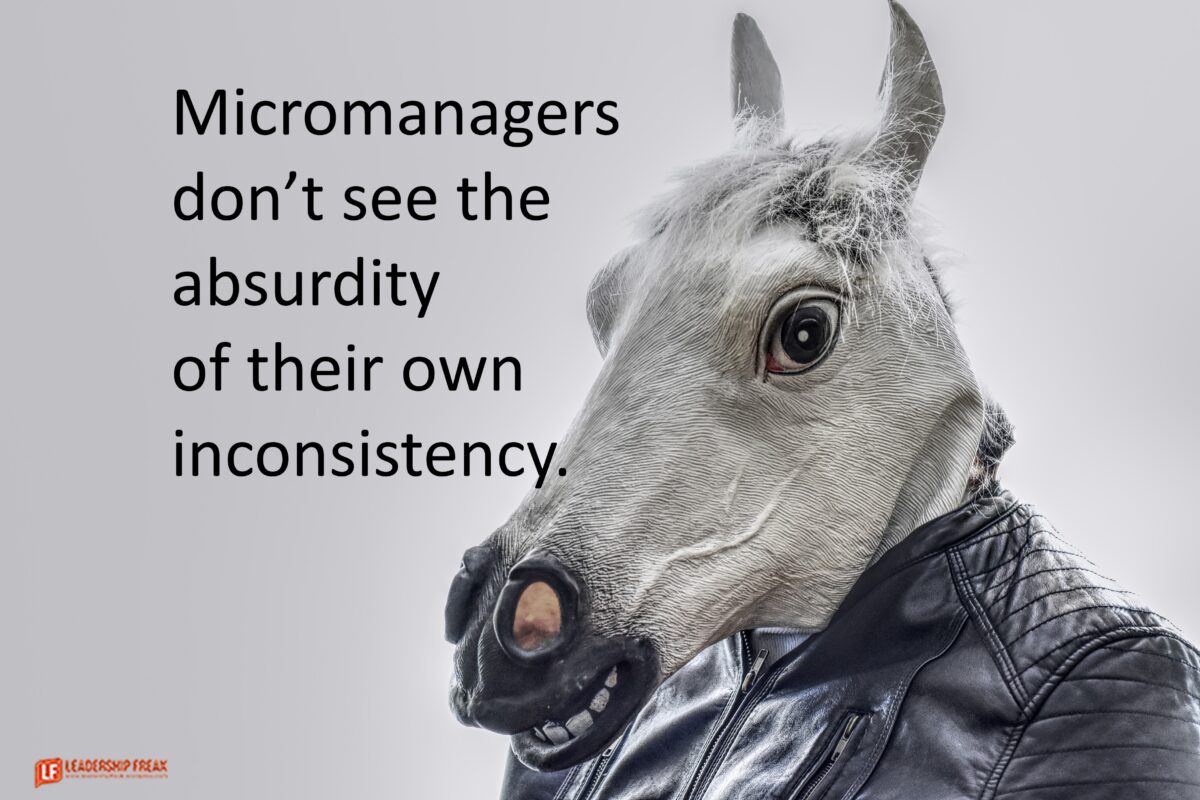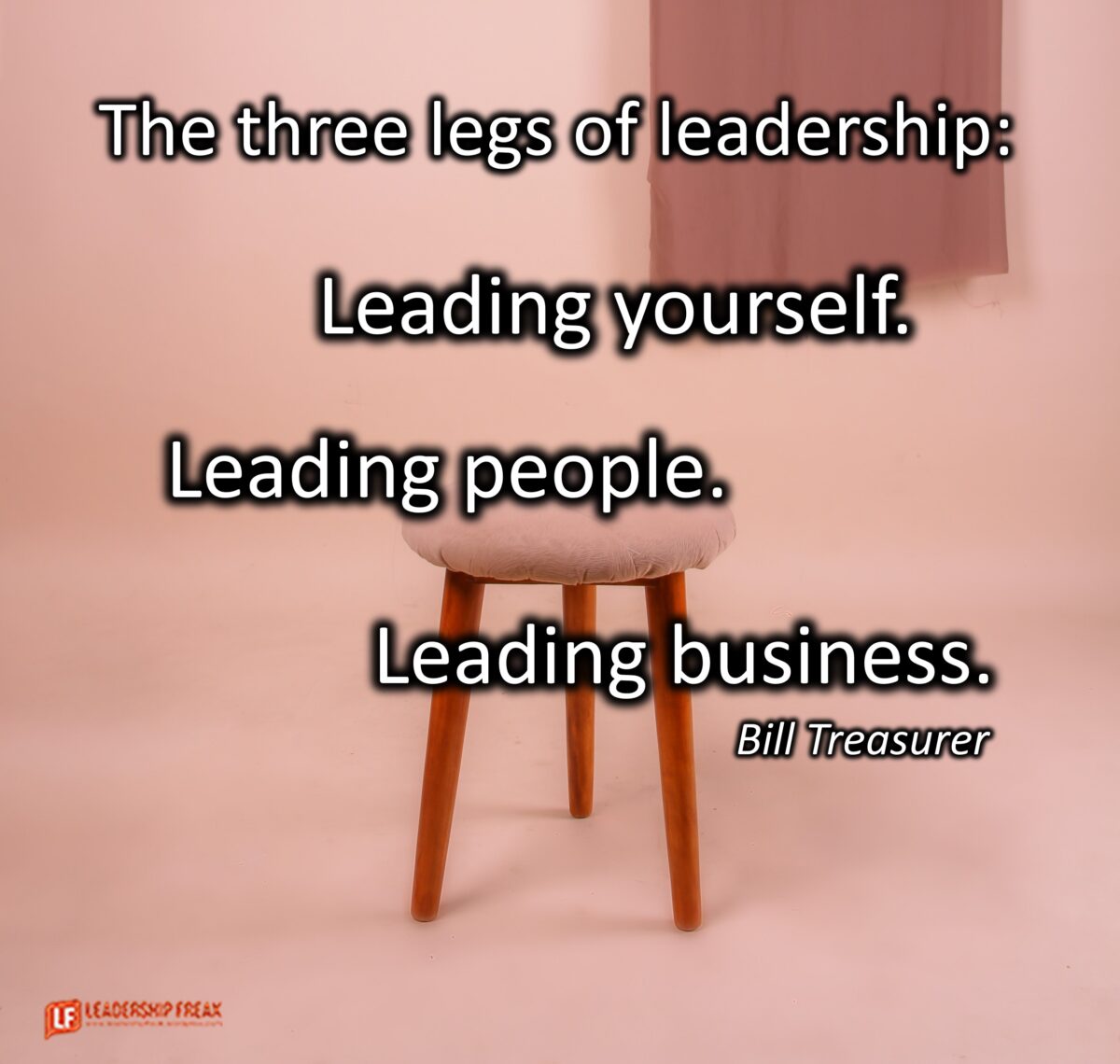Saturday Sage: 10 Ways to Get Serious about Skylarking
Conventional wisdom says use time efficiently. But wisdom is unconventional sometimes. When efficiency excludes skylarking, it’s foolish. People say do everything you can to get the most done in the shortest amount of time. A sage knows wasting time is a virtue, not a sin.
Anyone who really wants to get more done needs to practice skylarking. If you have too much to do, go skylarking.
What is skylarking:
Skylarking is goofing off – outbursts of playfulness.
Skylarking was a term used to describe sailors leaping from mast to mast and sliding down, all just for fun. And it was dangerous!
Short-sighted officers on ships weren’t impressed with childlike play. They shouted, “Come down from there. Stop that nonsense! Get back to your chores. Stop goofing off.” They thought it was a complete waste of time and a distraction from responsibilities. But skylarking improved the sailor’s attitudes and the quality of their work.
Every firm needs a GOO – Goofing Off Officer.
Skylarking benefits:
The best use of time includes space for inspiration, creativity, and recreation. Playfulness increases productivity. Efficiency, in most organizations, trumps the idea of skylarking. But skylarking increases efficiency.
Geir Berthelsen, founder of the World Institute of Slowness, says, “A frantic morning is the beginning of a distracted day. Business leaders need to take time to forget about time, and that helps them to be creative when they arrive at work.”
“The fastest way to improve your life is to slow down.” Geir Berthelsen
10 ways to get serious about skylarking:
#1. Put goofing off on your calendar.
If busy meant getting things done, to-do lists would be short. But the busier you are, the more you have to do.
#2. Do something playful every day.
#3. Develop an unhurried attitude.
Don’t run around doing things. Quickly reject what doesn’t matter by knowing your goals and values. Does this matter? How does this activity take me where I need to go? When you’re sure you’re doing what matters, forget the noise and have fun doing it.
Practice an unhurried life.
Allow time between meetings to walk slowly. “Be quick, but don’t hurry.” John Wooden
#4. Think privilege, not obligation.
#5. Remove clutter.
#6. Express a ridiculous thought.
#7. Be the first to try something new.
#8. Rebel against standard operating procedures. (Not if you run surgery.)
#9. Listen for wacky ideas and think ‘what if’.
#10. Ask people to make…



































